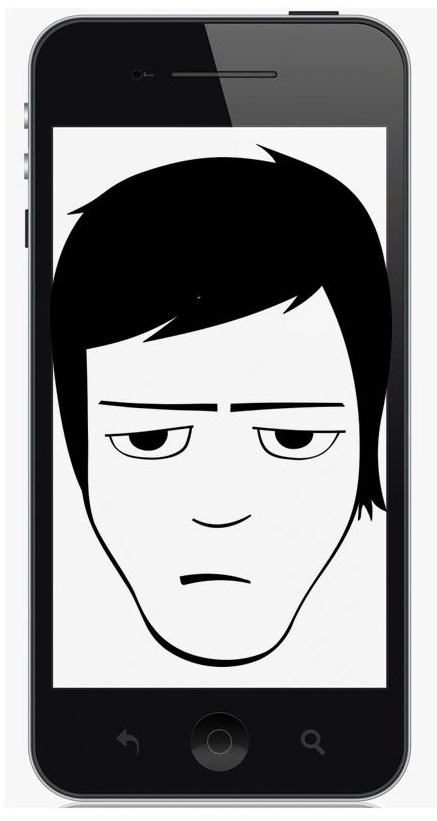Researchers have now come up with a way for a smartphone to detect whether its user is bored.
According to researchers from Germany and Spain, it is now possible for a smartphone to be able to detect boredom in its user, which is a capability that has a great deal of potential for a broad spectrum of different uses.
The researchers examined 40 million logs from among 54 mobile device users throughout a span of 2 weeks.
The goal of the researchers who conducted this analysis was to determine whether or not mobile technology had the capability of determining when a device user was engaging with the gadget simply to kill time. By being able to make that determination, the hope was to be able to provide the user with suggestions in order to encourage them to use those idle periods for an activity that will be more useful to them and that will be a better use of that span of time.
There were 35 different mobile technology features that were examined in order to determine boredom.
 Among those features was whether or not the smartphone had headphones plugged into it, whether the device was charging, and how long ago the phone received an incoming call. With these types of information, the researchers were able to develop an algorithm that their tests have shown can have an accuracy rate of up to 83 percent in terms of determining whether or not the user is bored.
Among those features was whether or not the smartphone had headphones plugged into it, whether the device was charging, and how long ago the phone received an incoming call. With these types of information, the researchers were able to develop an algorithm that their tests have shown can have an accuracy rate of up to 83 percent in terms of determining whether or not the user is bored.
Apps could be able to use this algorithm in order to encourage the mobile device users to contact their friends, to view a specific video, to include an article in the user’s read-later list, or even to do something that would encourage creativity, reflection, or introspection in the user.
The findings of the researchers were assembled into a paper called “Detecting Boredom from Mobile Phone Usage”, which will be presented this week in Japan at UbiComp. It is very likely that many of the attendees will be able to come up with a number of uses for this type of algorithm above and beyond those that were predicted by the people who developed it in the first place.

